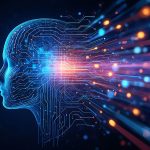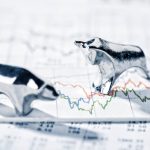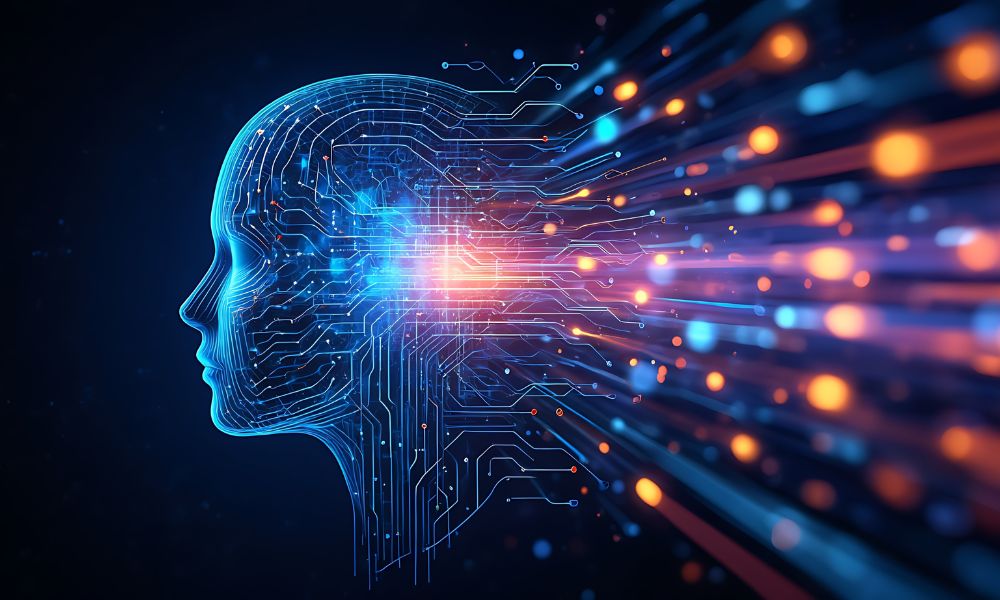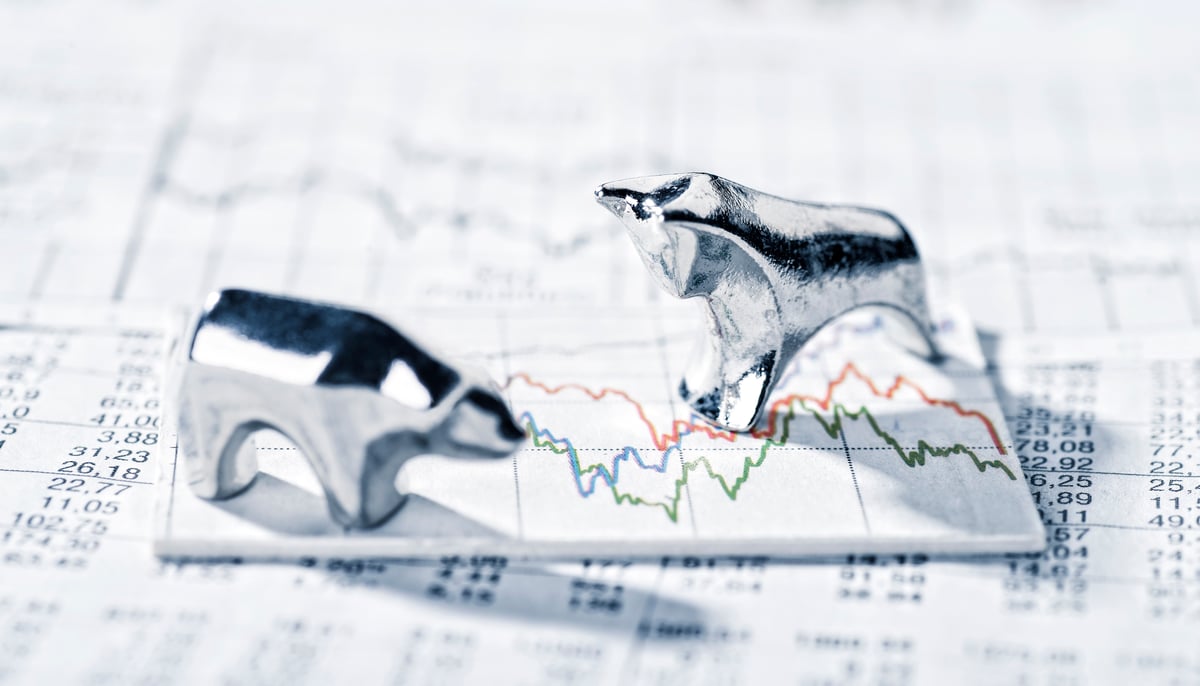The next panel explored the intersection of human expertise and artificial intelligence – how investors are learning to work with AI, transforming the technology into an extension of human knowledge.
Ai Ling Ong, head of artificial intelligence for investments at Lion Global Investors, emphasized that effective use of AI in asset management depends on domain knowledge. “If you can’t play chess, you can’t train a computer to play chess,” she said, emphasizing that building intelligent systems requires mastery as a money manager: Without a deep understanding of markets, data and portfolio dynamics, it’s impossible to teach machines to think like money managers. His team has fully embraced generative AI, but still subjects every result to human review. AI can refactor code and generate research faster than ever, but human judgment remains essential to check logic, identify errors, and maintain accountability.
Joo Lee of Arrowpoint Investment Partners described a similar philosophy from a technology perspective. His company integrated artificial intelligence “from day one,” using AI systems to multiply developer productivity and accelerate the launch of multiple trading strategies with a small engineering team. Beyond coding, the focus is now on creating an intelligent ecosystem in which each domain expert can create and train AI agents specific to their role in assessment, risk or research. The long-term ambition, he explained, is a “Jarvis-style” intelligence layer that connects these agents across the enterprise – a model in which AI doesn’t just help but works alongside humans as a colleague.
Bloomberg embodies the same balance: combining human judgment with data-driven intelligence through transparent, auditable AI systems across research and risk platforms, allowing professionals to leverage automation without losing clarity or accountability.










